President Donald Trump on Thursday unveiled a sweeping round of tariffs aimed at shielding U.S. manufacturers from foreign competition, including a 25 percent duty on imported heavy trucks set to take effect October 1.
Announcing the measures on Truth Social, Trump declared that the levy would cover “All ‘Heavy (big!) Trucks’ made in other parts of the world,” describing the step as a necessary guard against “unfair outside competition.” He singled out domestic beneficiaries by name: “Large Truck Company Manufacturers, such as Peterbilt, Kenworth, Freightliner, Mack Trucks, and others, will be protected from the onslaught of outside interruptions.”
The tariffs stretch beyond trucks. Branded pharmaceutical drugs will face a 100 percent duty, kitchen cabinets 50 percent, and upholstered furniture 30 percent. Trump attributed the furniture action to “large scale FLOODING” of imports he said were undercutting American firms, according to CNBC.
These moves come under Section 232 of the Trade Expansion Act, a Cold War–era statute allowing tariffs for national security reasons. The law has been applied in recent years to steel, aluminum, automobiles, and copper, and new probes are underway into robotics, industrial machinery, and medical devices.
Industry reaction has been muted. A PACCAR spokesperson, parent of Peterbilt and Kenworth, told CNBC: “We are looking forward to reviewing the details of the Medium and Heavy Truck Section 232 announcement made by the President.” Daimler Truck, which owns Freightliner, and Mack Trucks under Volvo Group offered no immediate comment.
Trade experts sounded more skeptical. Deborah Elms of the Hinrich Foundation warned that the measures risk clashing with existing agreements and would likely “increase costs for U.S. consumers.”
Commerce Department data underscore what is at stake. Mexico led all exporters of medium- and heavy-duty trucks to the United States last year, followed by Canada, Japan, Germany, and Turkey. Meanwhile, Federal Reserve Bank of St. Louis figures show domestic production climbing from a pandemic low of $1.1 billion in April 2020 to $3.2 billion in July 2025, though shipments have dipped slightly this year.
Legal analysts caution that tariffs alone may offer little relief. David Forgue, a partner at Barnes, Richardson & Colburn in Chicago, noted that steep duties on manufacturing inputs could blunt any gains without “tariff offsets” such as those rolled out in April for auto assemblers, which allowed U.S.-made vehicles to qualify for import adjustment credits.
[Read More: Bessent Makes Solemn Pledge]
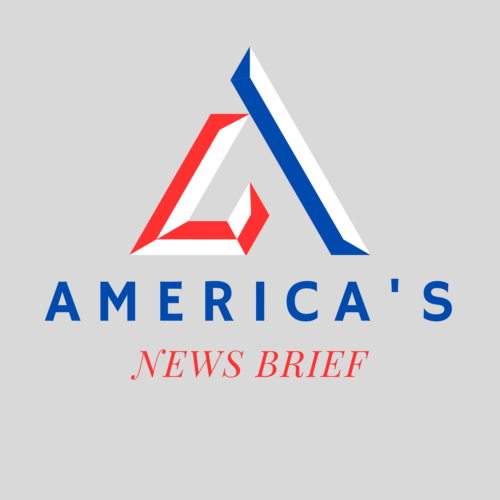
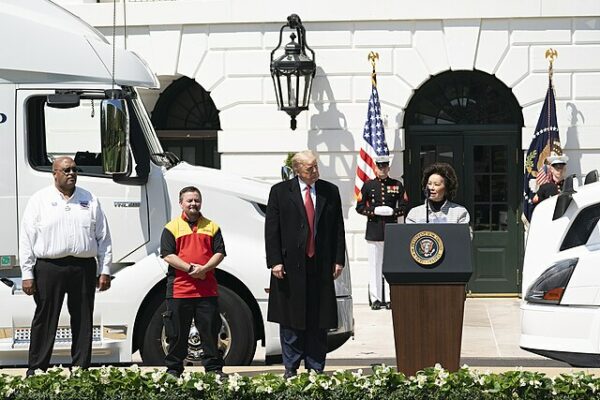
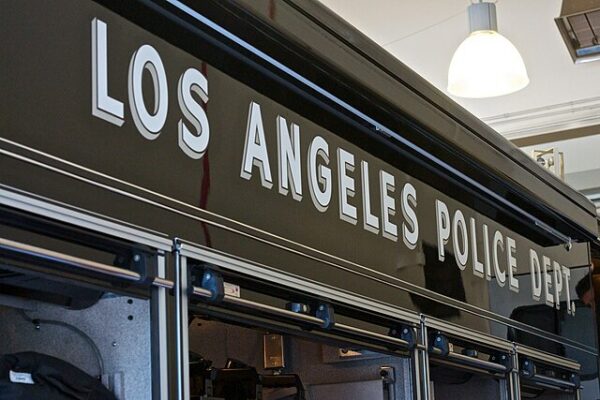
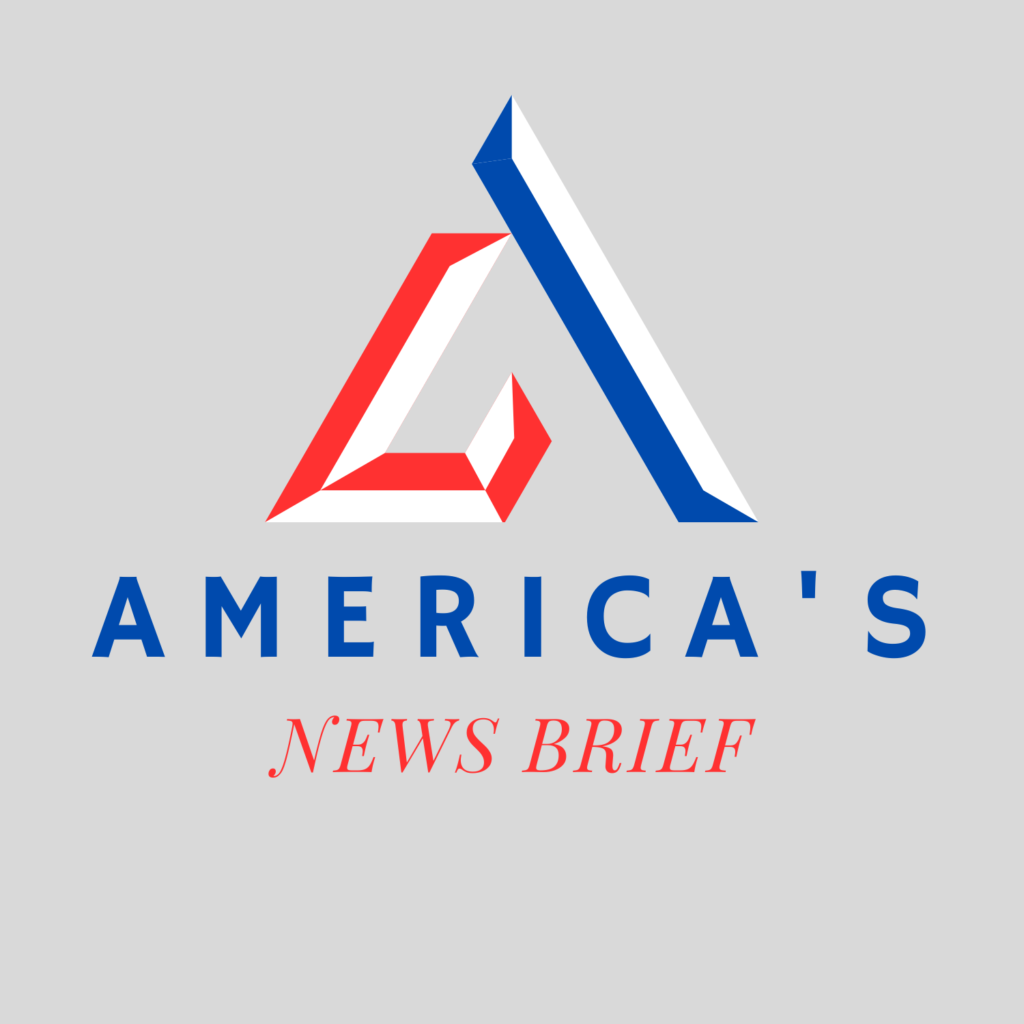
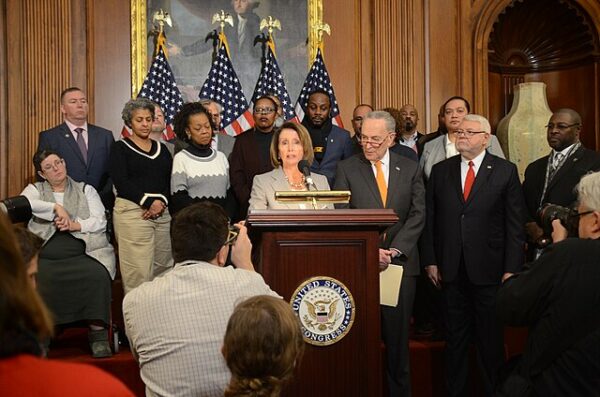


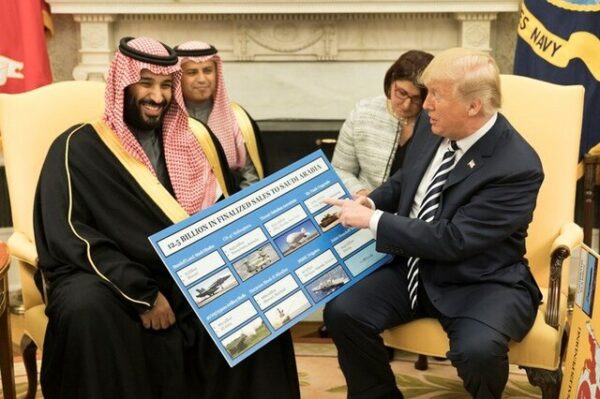
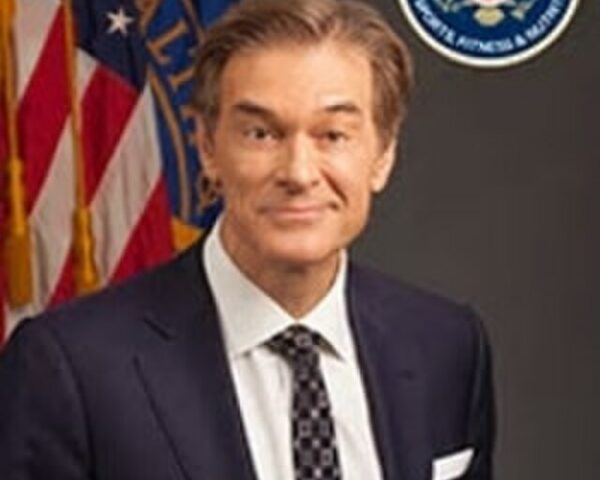
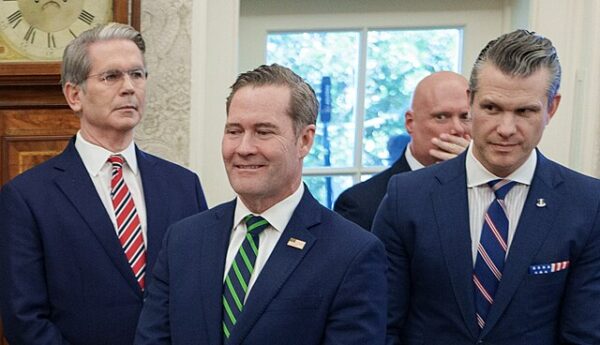

American businesses come first…..PERIOD !!!!!
Hooray Yes needed